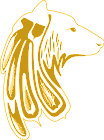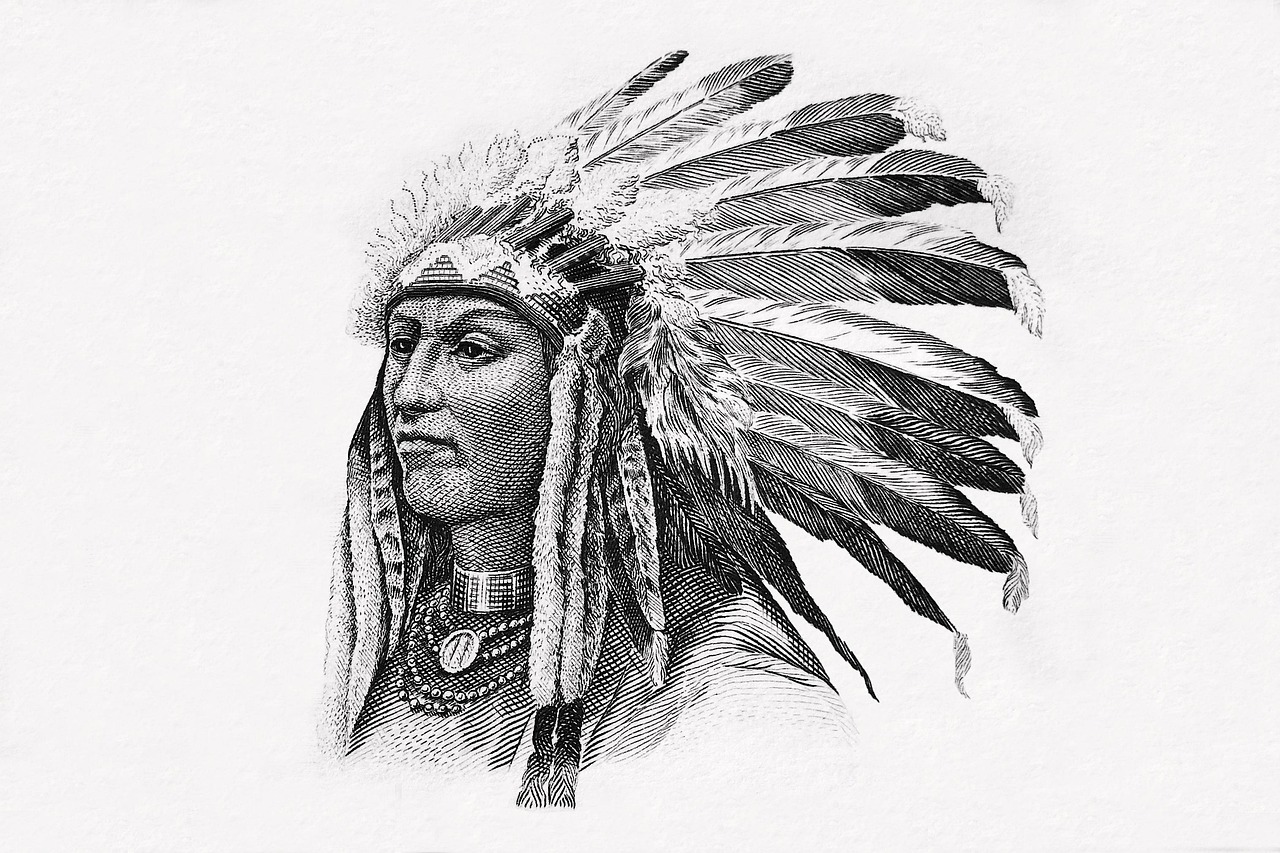Native American mythology is a fascinating tapestry of ancient legends, spiritual beliefs, and cultural values passed down through generations. These traditional stories of North America’s Indigenous peoples offer profound insights into worldviews that see humans and nature as an inseparable unity.
The Significance of Mythology in Native American Cultures
For the Indigenous peoples of North America, myths are not just stories – they are living teachings that convey moral values, explain natural phenomena, and preserve cultural identity. Each tribe developed a unique mythological system adapted to its specific environment and history.
Creation Myths: How the World Originated
The creation stories of Native Americans vary among tribes but share common themes:
- The Earth Diver Legend (among Iroquois and other Eastern tribes)
- The Creator Spirit and its animal helpers
- The Emergence of the First Humans from natural elements
These traditional creation myths convey a deep respect for the natural world and emphasize the interconnectedness of all life.
Trickster Figures: The Clever Coyote and Other Characters
In many Native American mythologies, the Trickster plays a central role. This ambivalent figure – often depicted as Coyote, Raven, or Hare – brings both blessings and chaos into the world through its cunning.
The Coyote in Native American mythology is particularly prominent in the stories of the Plains and Plateau tribes. His adventures serve as lessons about human weaknesses and the unpredictable nature of life.
Natural Forces and Spiritual Beings
The mythological beings of the Native peoples are closely connected to the natural world:
- Thunderbirds – powerful beings who bring storms
- Stone Giants and earth spirits
- Plant and Animal Spirits as helpers and teachers
- Water Serpents and underworld beings
Key Figures in Native American Mythology
White Buffalo Calf Woman: The Sacred Bringer of the Pipe
The White Buffalo Calf Woman legend of the Lakota is one of the most well-known spiritual stories in North America. This sacred woman brought the ceremonial pipe to the people and taught them seven sacred rites. Her prophecies continue to influence Lakota culture to this day.
Raven: The Bringer of Light in Northwest Coast Mythology
Among the Tlingit, Haida, and other tribes of the Northwest Coast, Raven is a central Trickster figure who stole the sun, moon, and fire and brought them to earth. The Raven stories of the Native Americans explain natural phenomena and convey cultural values.
Great Spirit and Manitu: The Divine in Algonquian Cultures
The Great Spirit or Manitu in the mythology of the Algonquian peoples represents the all-pervading spiritual force of the universe. This concept differs significantly from monotheistic notions of God and emphasizes the sacredness of all existence.
Culture Heroes and Transformative Beings
Many Native American hero stories tell of beings who prepared the world for humans:
- The Twin Heroes of Pueblo peoples, who defeated monsters
- Gluskab among the Wabanaki – a creative transformer
- The Corn Mother, who brought agriculture
Regional Differences in Native American Mythology
Northwest Coast Mythology: Totem Poles and Clan Beings
The mythology of the Northwest Coast Indians is known for its complex clan stories, immortalized in totem poles. Supernatural beings like the Thunderbird or Orca spirits play a central role here.
Southwest Mythology: Pueblo Creation Stories and Kachina Spirits
Among Pueblo peoples like the Hopi and Zuni, the Kachina Spirits are central – mediating beings represented in elaborate ceremonies. Their creation myths tell of the migration from underworlds into the present world.
Plains Mythology: Buffalo Spirits and Visions
For the nomadic buffalo hunters of the Plains, Buffalo Spirits and visions are central. The Sun Dance and other ceremonies are deeply rooted in their mythological tradition.
Modern Significance and Revival
Today, traditional Native American stories are experiencing a renaissance. Indigenous authors and artists integrate mythological elements into contemporary works, thus preserving their cultural heritage. The passing down of these myths to younger generations strengthens cultural identity and conveys ecological wisdom for modern challenges.
The profound spirituality of Native American myths also inspires people worldwide who are seeking alternative, nature-connected worldviews.
Conclusion: Living Traditions for the Future
Native American mythology is not a museum exhibit but a living part of continuous cultural traditions. Its legends and stories offer not only insight into past worldviews but also valuable perspectives for the ecological and social challenges of our time.
Which aspect of Native American mythology interests you the most? Have you encountered specific legends of the Indigenous peoples
Further Sources and Resources:
- American Indian Myths and Legends (Collection)
- National Museum of the American Indian: Oral Traditions
- Native American Myth Studies (academic sources)
- Indigenous Storywork and Oral Traditions

